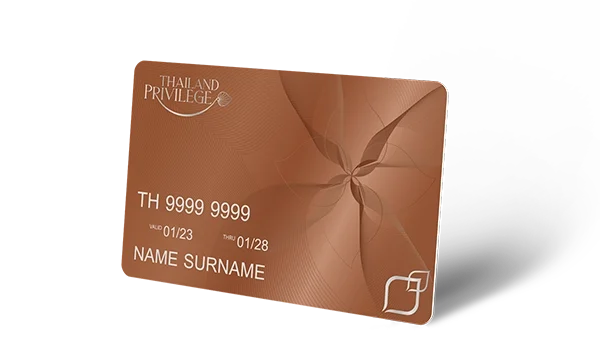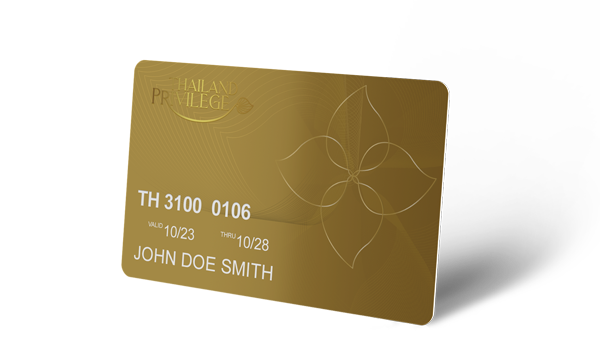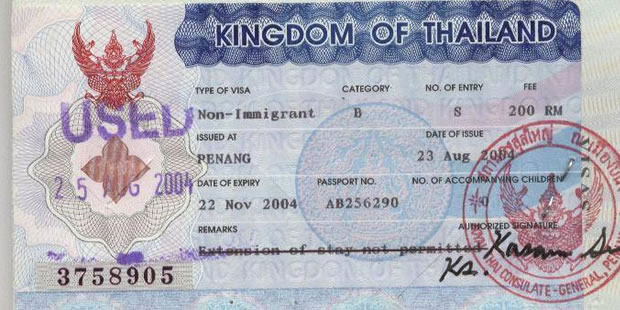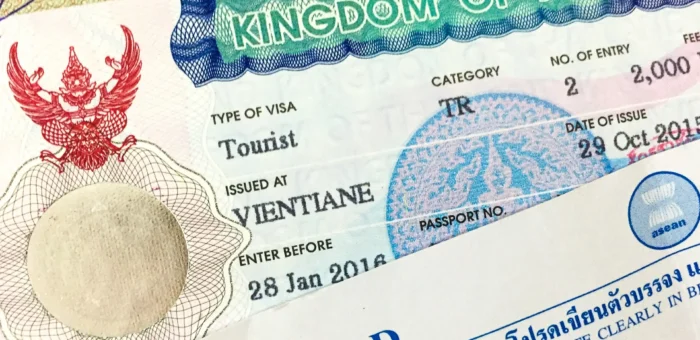
Translation and Legalization in Thailand
Translation and Legalization in Thailand. In a globally interconnected legal environment, the recognition of foreign documents in Thailand—or Thai documents abroad—requires a rigorous process of translation and legalization. This procedure is essential for validating the authenticity of official documents, such as powers of attorney, academic transcripts, marriage certificates, contracts, court judgments, and corporate records. This article explains the legal and procedural framework of translation and legalization in Thailand, covering the authorities involved, the distinctions between legalization and notarization, the Hague Apostille exception, and common pitfalls. 1. The Legal Framework Thailand is not a party to the Hague Convention Abolishing the Requirement of Legalisation for Foreign Public Documents (1961). As a result, documents issued overseas that are to be used in Thailand must undergo consular legalization, not the apostille process. The…






